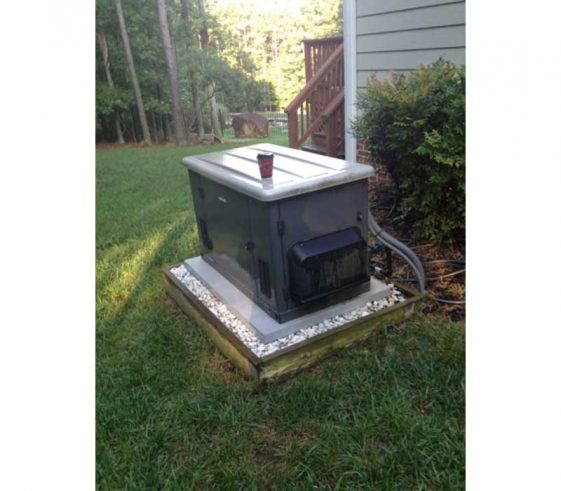Inverter vs Traditional Generator
Generators can power multiple appliances in your home or business without grid electricity. Generators are great for any family who needs electricity. It all depends on how and where you need it. There are many types of generators on the market. The two most popular generators are traditional/conventional generators and inverter generators. We recommend considering these factors when deciding between the two.
- Activity
- Fuel efficiency
- Power output
- Noise level
- Convenience
- Price
Difference #1: Current Because, they have been around for so long, standard generators (also known as conventional generators) are still the most popular units. The engine of a traditional generator provides power to an alternator’s motor to generate electricity.
Inverter generators generate electricity in three phases. Inverter generators draw electricity from a DC source such as solar panels or car batteries. They then convert the AC power into electronic circuits. DC is shorthand for direct current. This is because the current (electrical charge) flows only in one direction. AC is an acronym for alternating current. It describes the flow and movement of a leader that changes periodically.
Difference #2: Activity Because of how an engine runs, conventional generators are louder and produce more noise than other generators. Internal fuel combustion is what causes the noise from a portable generator. Therefore, conventional generators are often used on job sites to power compressors, nail guns, saws, and other equipment.
Inverter generators can be smaller and lighter than traditional generators, but they are also quieter. This type of generator can be used for:
- Boating, camping, and other recreation activities
- Fans, lights, heaters, and fans. Radios, smartphones, and other accessories.
The best way to determine which activity is best for which generator is to know what wattage is required to power whatever you need. We now see the difference between noise, fuel efficiency, and power output.
Difference #3 – Noise and Fuel Efficiency. Because each aspect of noise, fuel efficiency, or power output affects the others, we are using Difference #2. Conventional generators are typically powered by fossil fuels like gasoline, diesel, and propane. These generators have larger fuel tanks than other types on the market, which means they can run longer and require less fuel. Conventional generators can produce more power than inverters with engines up to 10,000 watts.
Inverter generators aren’t as powerful as traditional ones but produce more power than conventional ones. This is because the AC produces energy. A generator’s efficiency is determined by how efficient it uses fuel and how small the fuel tank is. An inverter can have wattage from 1200 to 4000 W.
Difference #4: In terms of price, traditional generators are typically more affordable than inverter generators and have a lower initial cost. Due to its innovative technology and other benefits, inverter generators can be more costly.



